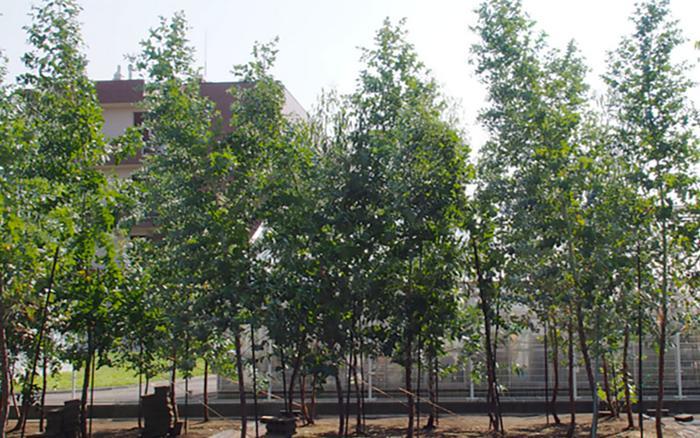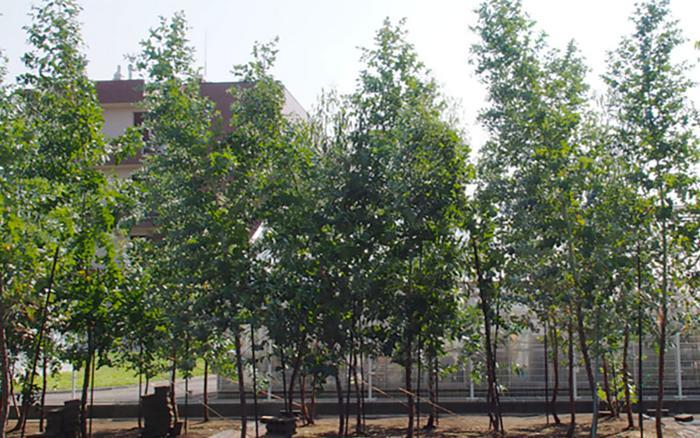
00:00 - 00:00
Source: https://www.eurekalert.org/news-releases/994696
Globally, Eucalyptus trees are widely used as industrial forestry plantations owing to their considerable biomass production potential and ability to serve as carbon dioxide sinks. However, their susceptibility to cold temperatures restricts the suitable areas for plantations. In Japan, the northern Kanto region, including Ibaraki Prefecture, which encompasses the University of Tsukuba campus, marks the northern boundary for Eucalyptus plantation-based cultivation. Nevertheless, the precise climatic conditions determining the feasibility of Eucalyptus tree plantations have yet to be fully explored.
This study focused on Eucalyptus globulus, a representative species in the genus Eucalyptus, which was cultivated in a small field located in Tsukuba City, Ibaraki Prefecture, Japan. Over a six-year period, the trial included monitoring of leaf photosynthetic capacity as an indicator of individual plant health during winter. A regression model was developed to establish the optimal relationship between the observed indices and temperature data.
The resulting model successfully explained >80% of the eucalyptus leaf health based on the number of days, with a maximum daily temperature of <9.5℃ within the 46-day period preceding the measurement date (46 days prior to the previous day). Furthermore, by fitting temperature data from diverse regions worldwide into this regression model, the simulation results were closely aligned with the previously reported global distribution of eucalyptus plantations. This indicates the potential applicability of this method in predicting suitable eucalyptus plantation areas.


